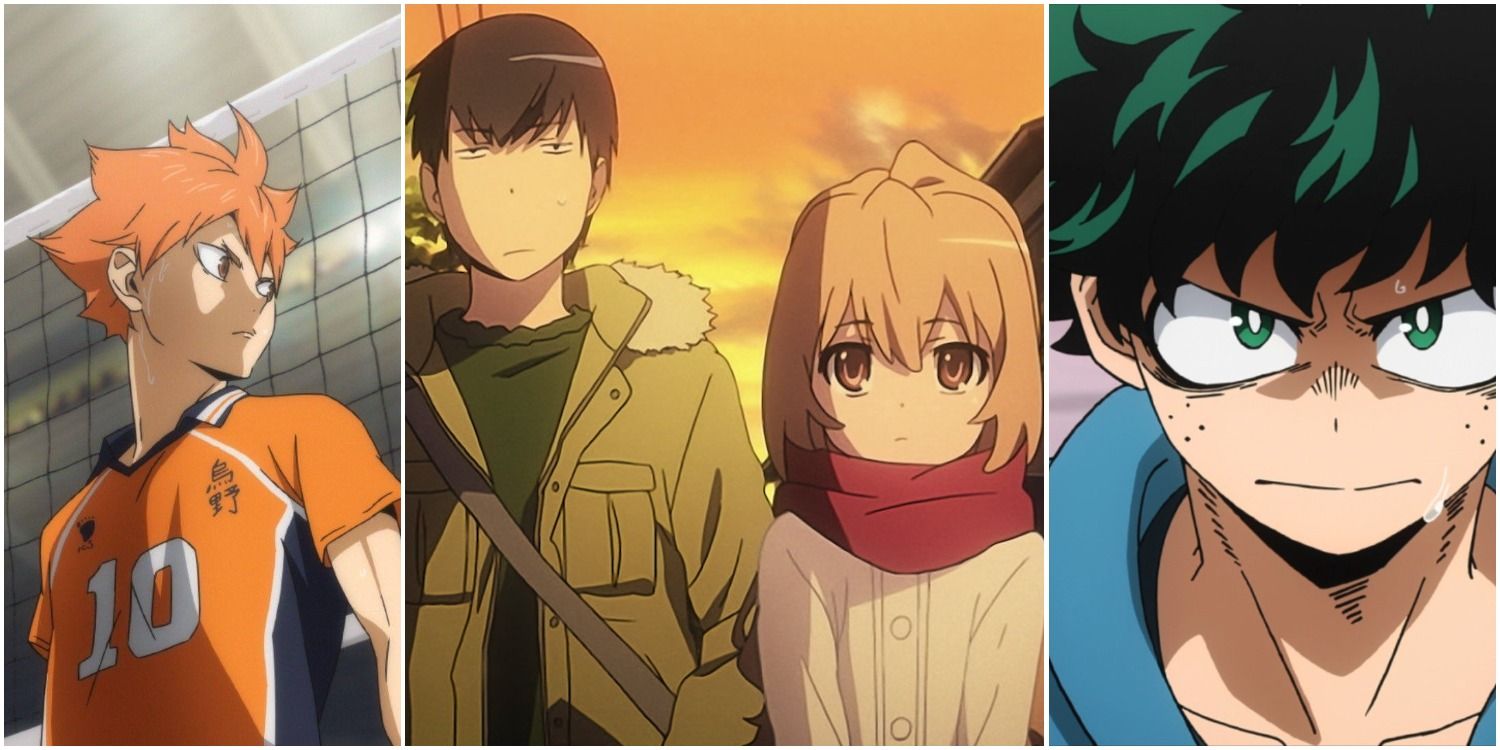
It's nearly impossible to watch an anime without finding some sort of cliché in it. Multiple shows carry the same general plots but with different characters and settings. Even anime with unique premises indulge in specific clichés like tournament arcs, animal sidekicks, and multiple characters being obsessed with the protagonist for arguably no good reason. While these common tropes often get on viewers' nerves, some clichés can be executed well.
Whether or not a clichéd plot or concept is well-received by audiences is completely reliant upon the quality of writing. Even when the most basic, predictable plotlines are implemented in an anime, if the script and animation create something new from a rehearsed idea, then the outcome can be special. Many great shows are born from clichés, but a few do stand out from the crowd.
10 Anohana: The Flower We Saw That Day Is A Typical Ghost Story
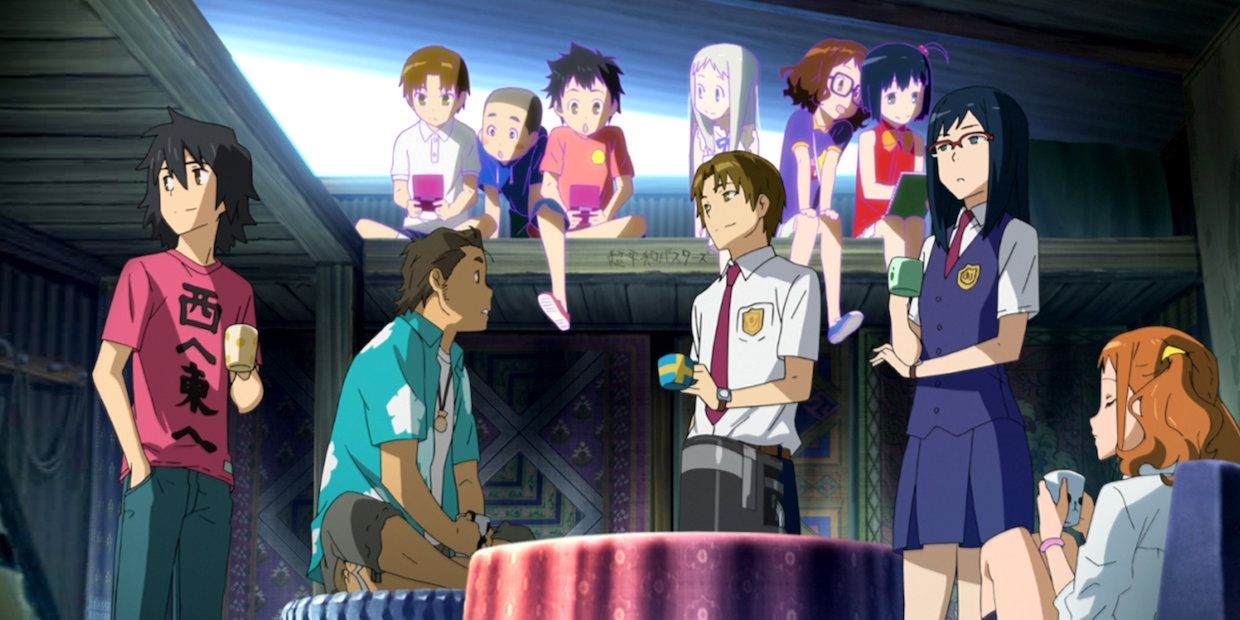
Anohana: The Flower We Saw That Day checks almost every box for a sad anime with a ghost looking for closure, childhood friends reunited, and a summer tale about finding lost love. From the start of the series, most viewers already know how the story will end, but the best parts are in the details.
Anohana uses a tasteful amount of flashbacks and tearjerkers without overwhelming the plot to the point where it feels like a cheap attempt at making fans cry. Along with stunning animation and praiseworthy pacing, this fairly common setup creates a commendable shojo.
9 Dusk Maiden Of Amnesia Adds A New Spin On The Horror Genre
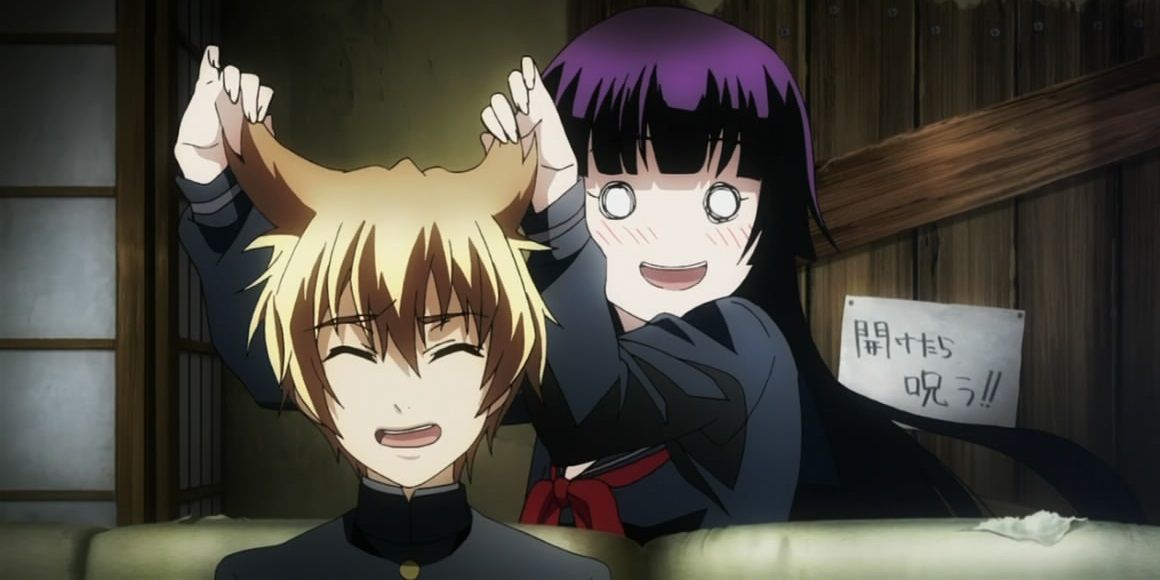
Dusk Maiden of Amnesia features another ghost looking for closure that she obtains with her friends' help. Once again, a ghost looking for closure is by no means a unique concept. However, Dusk Maiden of Amnesia takes a different turn on the prompt compared to its counterparts. This series upholds a subtle horror tone and stresses mystery over self-reflection.
In both Anohana and Dusk Maiden of Amnesia, only select characters can see the ghost, but each show uses this detail differently. Anohana leans toward tragedy while Dusk Maiden of Amnesia uses this for comedic value. Either way, both shows interpret a similar concept differently, proving that clichés can be experimented with and turned into something new.
8 Your Name Has A Basic Premise With Extraordinary Detail
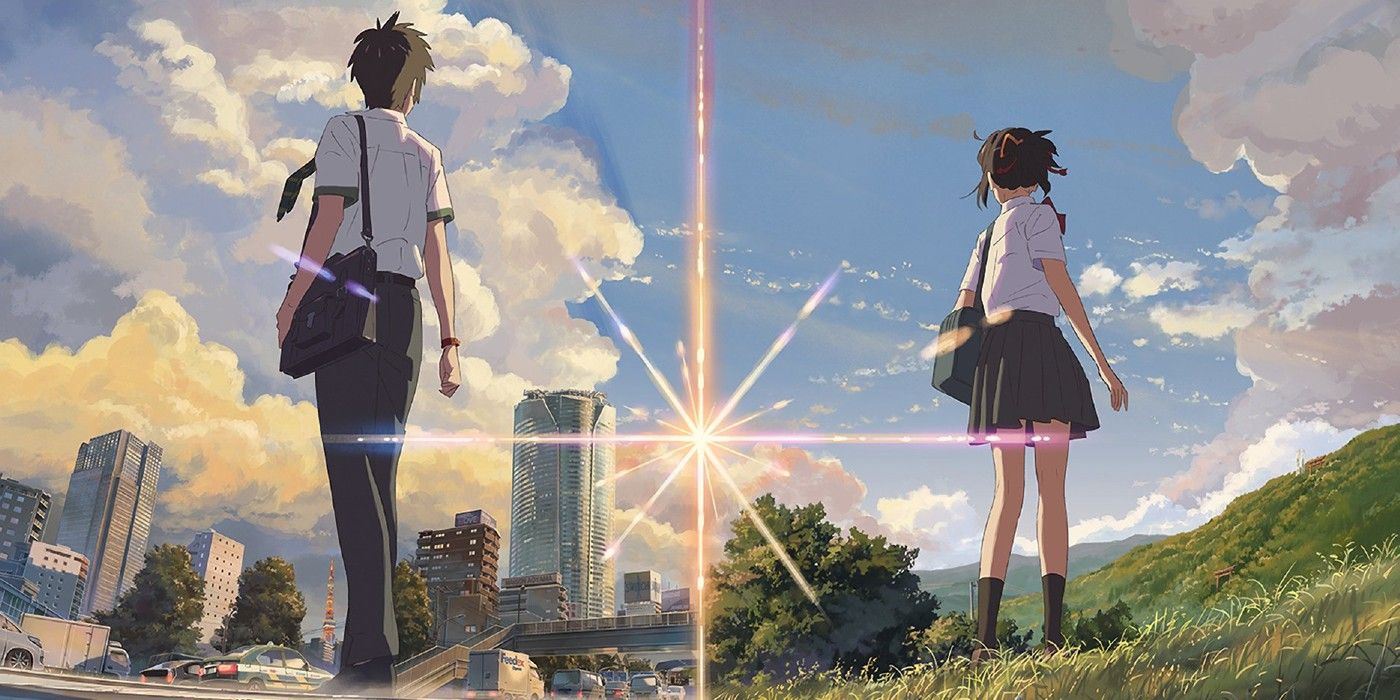
Your Name's release was met with widespread success, and this success is marked even more impressive considering the film's basic premise. Most viewers go into the story expecting nothing more than a boy and a girl randomly switching bodies. However, the movie uses expertly placed twists and hidden details to surprise viewers in a way that feels well-earned.
Even without these twists, the clichés in the movie still aren't distracting. Rather, the teenage characters acknowledge how outrageous their situation is, bringing self-awareness to any trope that the movie contains.
7 Non Non Biyori Takes The Small Town Cliché To The Next Level
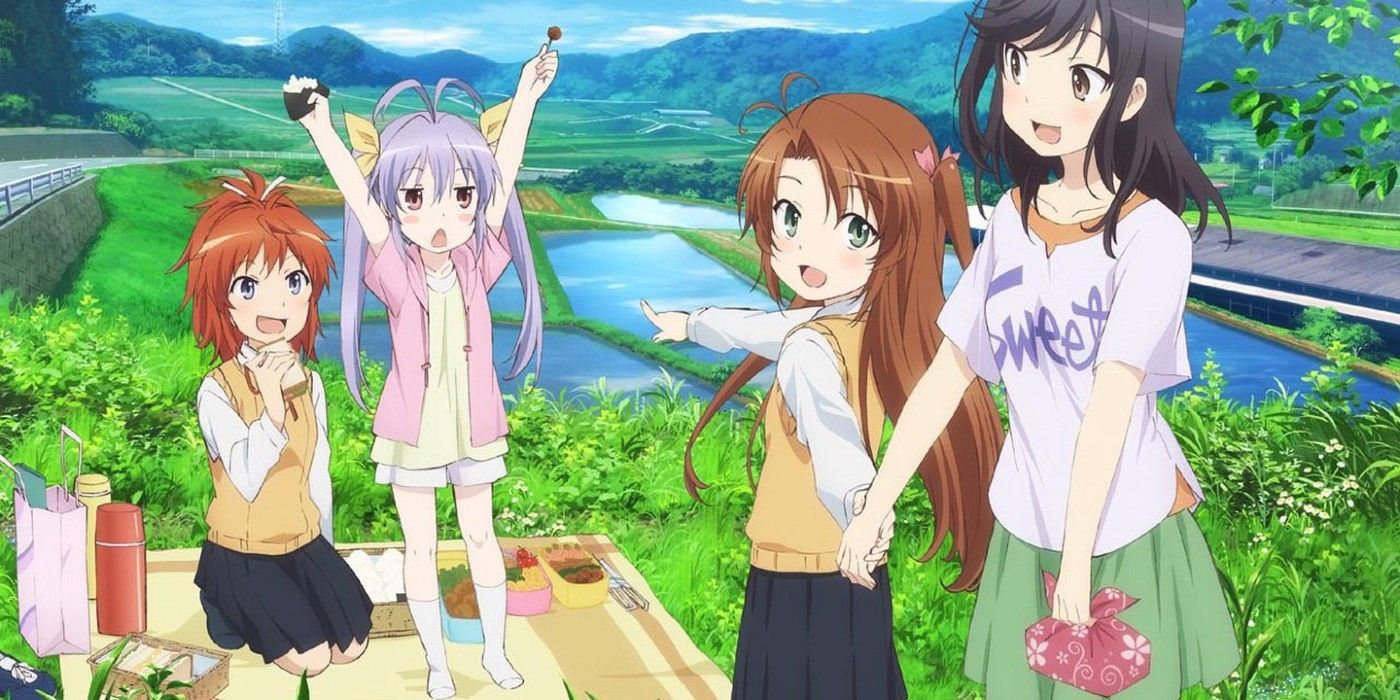
When most viewers turn on Non Non Biyori and find that the characters live in a boring small town, they expect some sort of supernatural intervention or life-changing events to take place. However, Non Non Biyori sticks to its setting and upholds the cliché "small town" vibes of the show.
While this setting may seem like a limitation, the show uses it to its advantage, having the characters' unique and diverse personalities riff off of each other. Audiences are entranced by how these simple episodic plots draw them in, and Non Non Biyori remains a timeless slice of life comedy.
6 Blue Spring Ride Is A Classic Shojo That Sticks The Landing
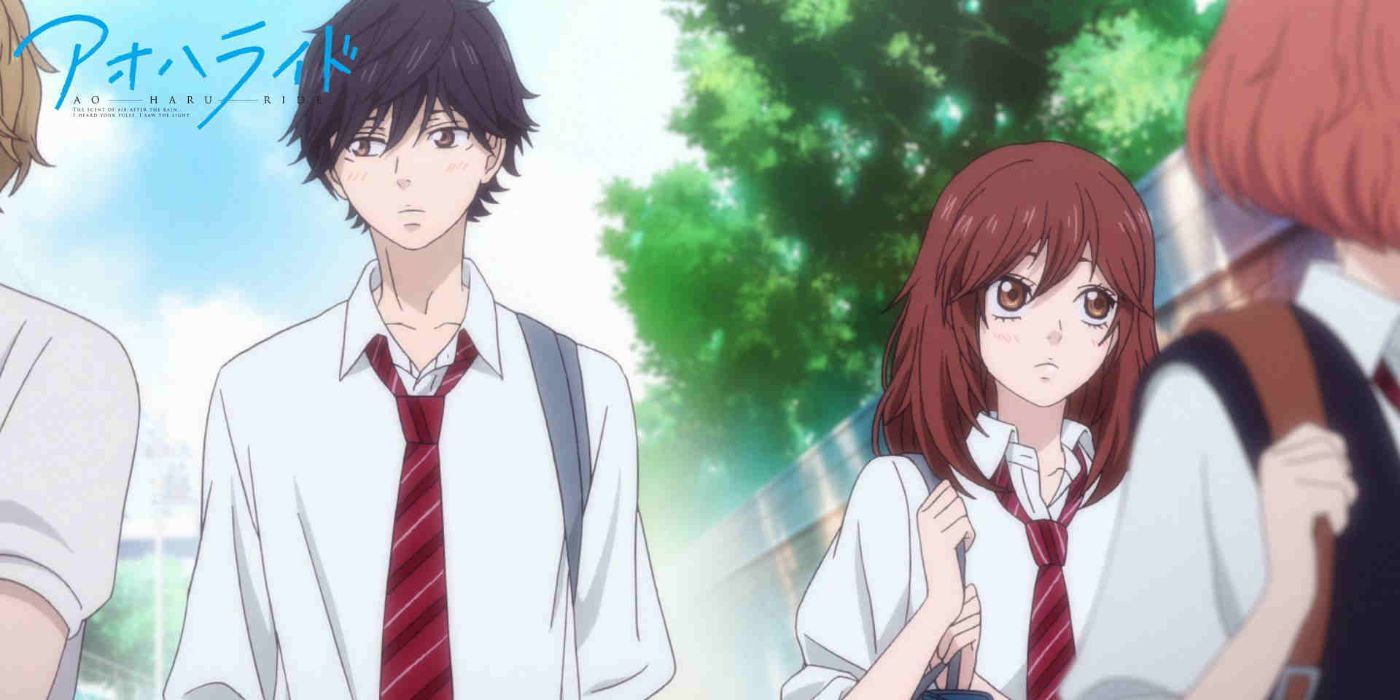
Romance anime is known to follow a set list of tropes that fans admittedly look forward to. That being said, most of these anime try to set themselves apart from the others with some sort of schtick. Blue Spring Ride, on the other hand, is about as straightforward and basic as a romance anime comes. Despite this, it's garnered a lot of respect.
The story focuses on five students, their friendship, and love. It's all basic stuff. However, the characters are portrayed in honest ways, their flaws making their interactions and the typical school setting more appealing. This series lures the viewers into lowering their standards, only to leave fans pleasantly surprised.
5 Toradora! Hits Every Trope And Is Still A Fan Favorite
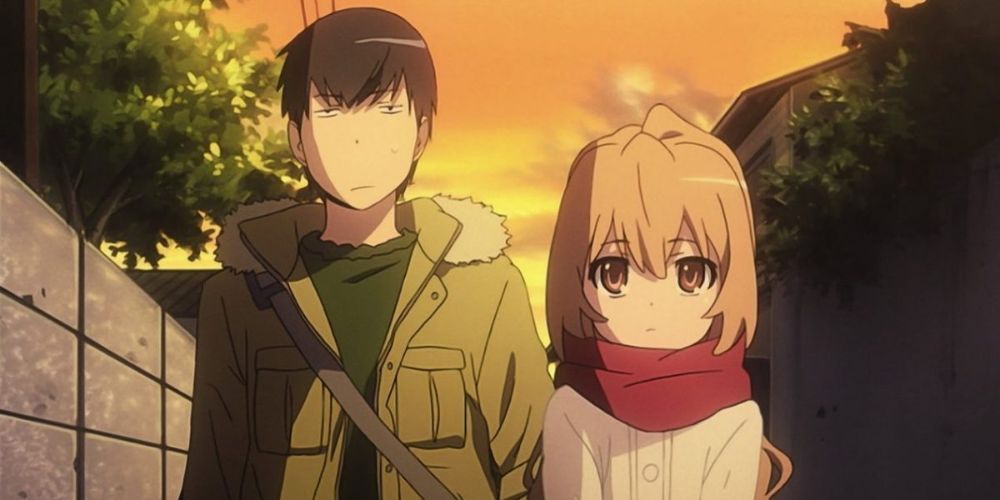
Despite seeming like a specific premise, "two characters setting one another up with their friends only to fall for each other instead" is not an uncommon trope. In fact, almost everything in Toradora! adheres to romance clichés, but the variety in their characters is what takes Toradora! from good to great.
If fans can get past the overused "every female character falls for the main guy" gag, then the real appeal is how each character has a unique and fleshed-out relationship with the other four. No two character dynamics are the same, leaving the basic premise a lot of material to work with.
4 Haikyuu!! Is Like Every Sports Anime, Which Is A Good Thing
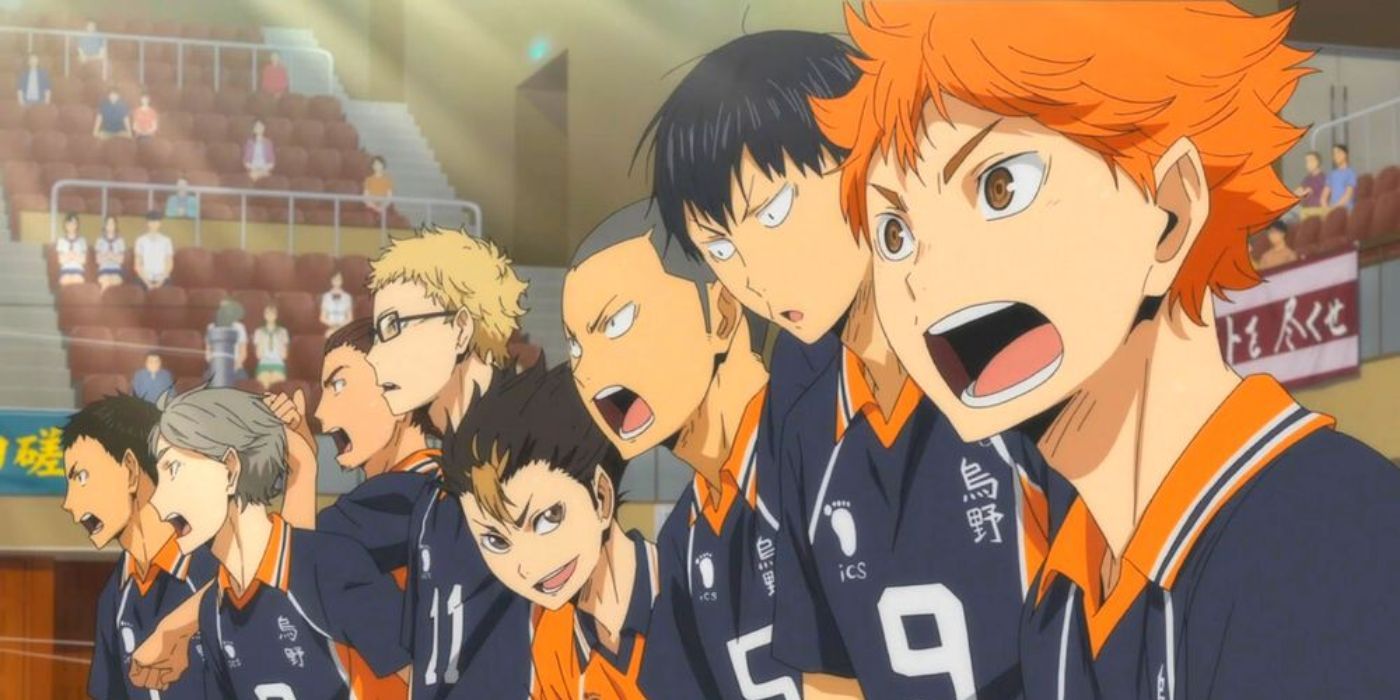
Most sports anime tend to follow similar stories. There are rivals, a female manager doing her best, and enough flashbacks to fuel an underdog victory. Haikyuu!! tends to stick to these tropes but includes enough from the rival schools' perspectives to keep the concepts fresh.
Many argue that this show repeats the same few arcs with different characters and teams, but the pacing and tone variety keeps fans on their toes. This means that even if a storyline feels familiar, it isn't necessarily going to end the same.
3 My Hero Academia Upholds The Classic Shonen Layout
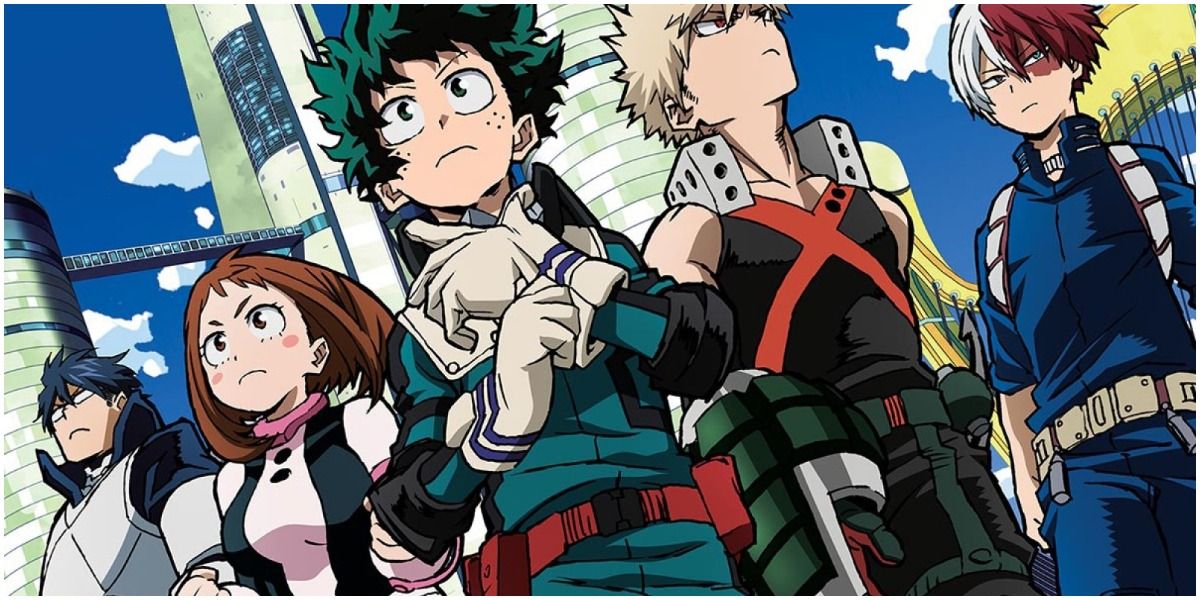
Even if My Hero Academia is one of the most popular anime to come out in recent years, it does little that hasn't already been done. The show tells the story of an underdog revealing his strength over time, fighting side-by-side with his friends. Nearly every arc in the show follows those of a classic shonen.
That being said, there are plenty of characters who don't feel like repetitions of already-existing "types." Even the protagonist, Deku, has his quirks. The other students' powers are also entertaining and fresh. Tape elbows surely haven't been done before.
2 Ouran High School Host Club Is Cliché For The Sake Of Satire
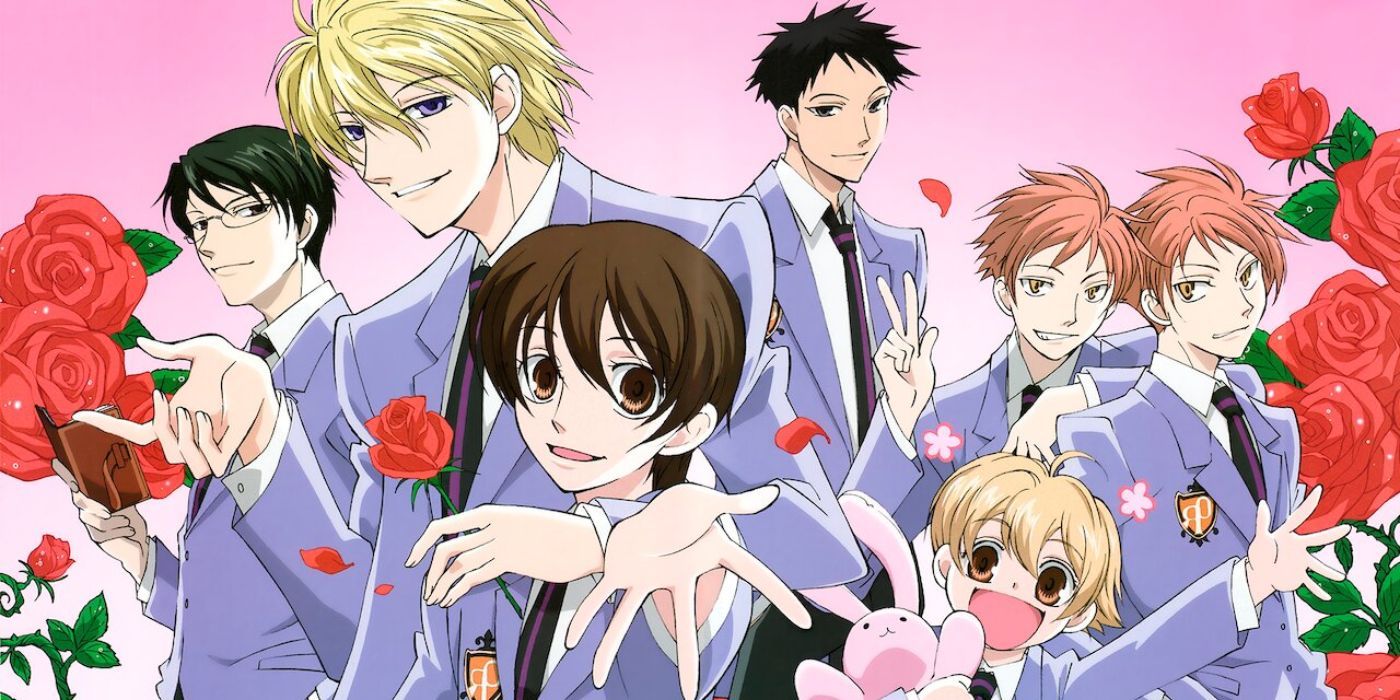
Ouran High School Host Club goes out of its way to hit every cliché in the book. As a satirical shojo, Ouran manages to point out the tropey nature of a high school romance story all while unironically following one.
While some viewers find the unbridled clichés to be over the top, most fans of the show love Ouran for just that reason. Everything from the character archetypes, rehearsed dialogue, and happy ending is chock-full of details well-known to shojo, but that's exactly what makes this series a classic.
1 One-Punch Man Is The Best Example Of Making Repetition Work For The Concept
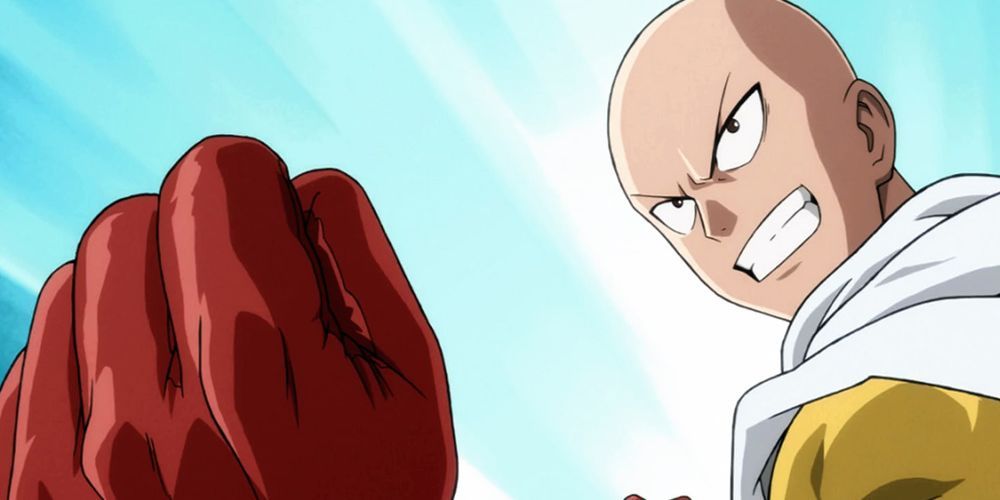
One-Punch Man executes its story's clichés in a similar way that Ouran High School Host Club does, just under the shonen genre as opposed to shojo. Saitama is meant to parody the overpowered protagonist who defies the logic of typical power scales and defeats each of his opponents with one punch.
The running gags of Saitama's dry personality and surprising power never grow old, and what would typically be a redundant plot is instead a reliable layout. No matter how grand the stakes are or how unreasonable the hero's victory may seem, the ending never changes. This predictability has created One-Punch Man's success as a well-marketed and popular series.
0 Comments